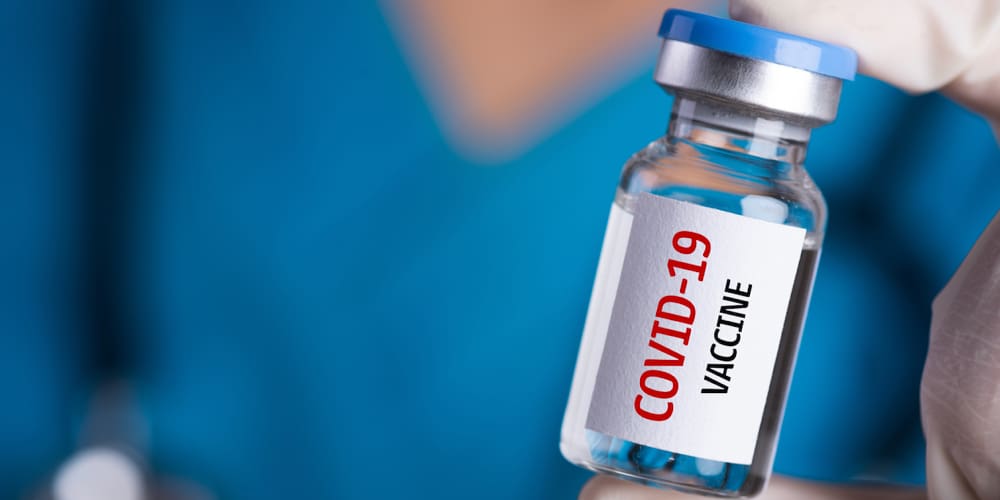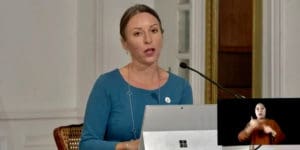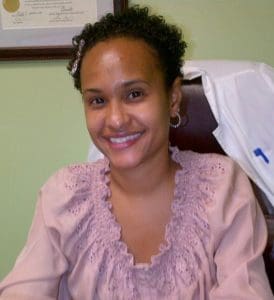

In the week since it became available in the Virgin Islands, more than 500 residents have received the Pfizer vaccine to fight against infection by the novel coronavirus and stave off COVID-19, according to V.I. Health officials – all without apparent problems.
“Most people report a sore arm for a day,” Epidemiologist Dr. Esther Ellis said, and some have had mild symptoms such as a headache, low-grade fever or feeling tired for a short time, but there have been no serious allergic reactions.
Internationally, there have been a few cases of allergic reactions, but for the most part, outcomes have been similar to the V.I. experience.
“We’ve had great participation among our phase 1a [participants],” Ellis said. Those are health care providers and first responders.
Ellis and Dr. Tai Hunte-Ceasar responded via email on Tuesday to questions from the Source to give an update on the vaccine rollout locally.
Gov. Albert Bryan Jr. announced on Monday that he had received the vaccine. Health officials said some Cabinet members, including Health Commissioner Justa Encarnacion, Human Services Commissioner Kimberley Causey-Gomez and Department of Licensing and Consumer Affairs Commissioner Richard Evangelista, have also been vaccinated. So have Hunte-Ceasar and Ellis.
The Pfizer vaccine (as well as the Moderna vaccine) requires two shots to be effective. The second dose should be administered 21 days after the first.

Some jurisdictions have raised concerns about whether there will be sufficient vaccine in a timely manner. But, responding to a question about the next shipment to the territory, Ellis said, “We get more every week.”
Nationally, prisons have proven a prolific area for the transmission of the novel coronavirus. Ellis could not immediately say when the vaccine will make its way to the territory’s prison population, but it has not reached there yet.
At least one reader questioned why a private health facility, Plesser Healthcare, was at the front of the line when the vaccine rolled out in the territory.
“All providers had the opportunity to sign up to be a distribution site,” Ellis said.
And, she added, they “cannot charge patients for administering during this phase of vaccine distribution.”
While public attention is focused on vaccines, national and international medical experts continue to warn that it will be months before enough of the population is immunized to bring the virus under control. Meanwhile, they are still concentrating on the prevention of spread and treatment for those infected.
Recently advocates of a relatively new treatment using monoclonal antibodies to treat some COVID patients have been pushing to get more health providers and health systems to use the product.
The Food and Drug Administration gave emergency authorization for the use of two versions of the medication in November, one from Eli Lily (bamlanivimab) and one produced by Regeneron.
A National Public Radio story this week noted that the federal government bought 1.2 million doses of the drug and has sent 300,000 doses of it to states and territories. But it is getting little use.
The drug is not helpful for patients who are already seriously ill and needing hospitalization. But for those in the early stages of the disease, advocates say it may prevent them from progressing into a more serious stage. It not only helps the individual, but it has the potential to take the strain off hospitals.
One drawback is that it has to be delivered through an infusion. That requires time, staff and space where the patient can be isolated from people who are not infected.
“We do have supplies of bamlanivimab and Regeneron at each hospital,” Hunte-Ceasar said. However, “there are specific criteria for the use … We have not approved any doses as yet, but consider each case carefully to ensure criteria is met.”


